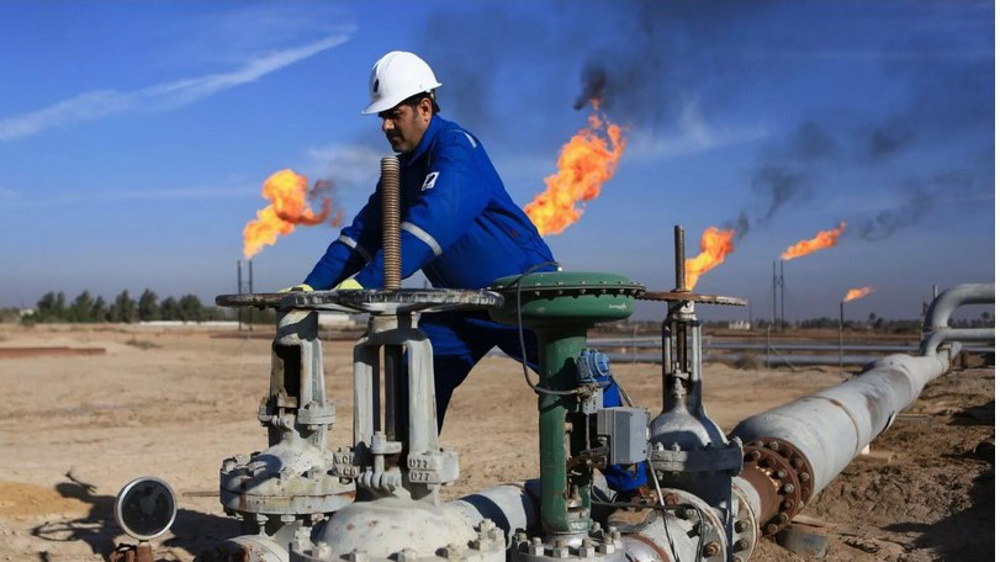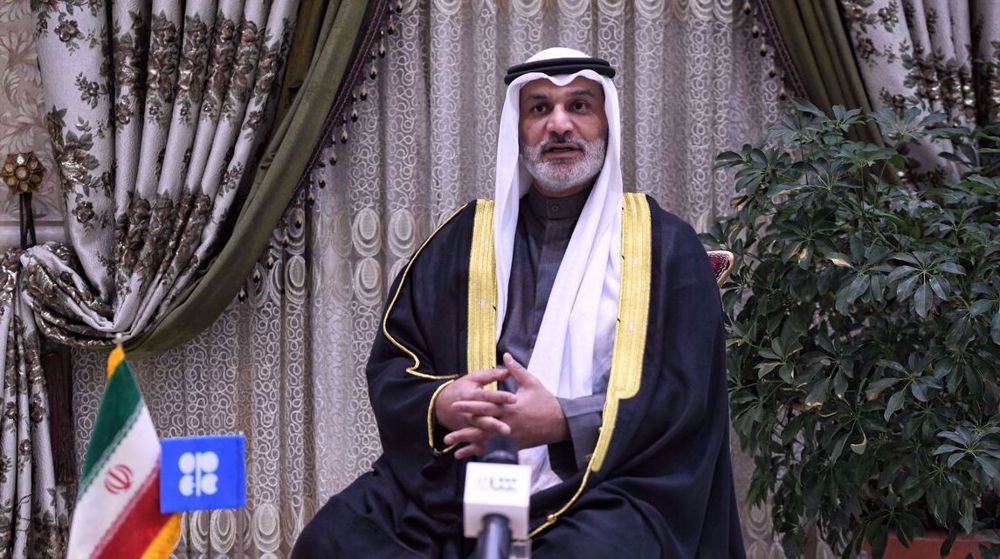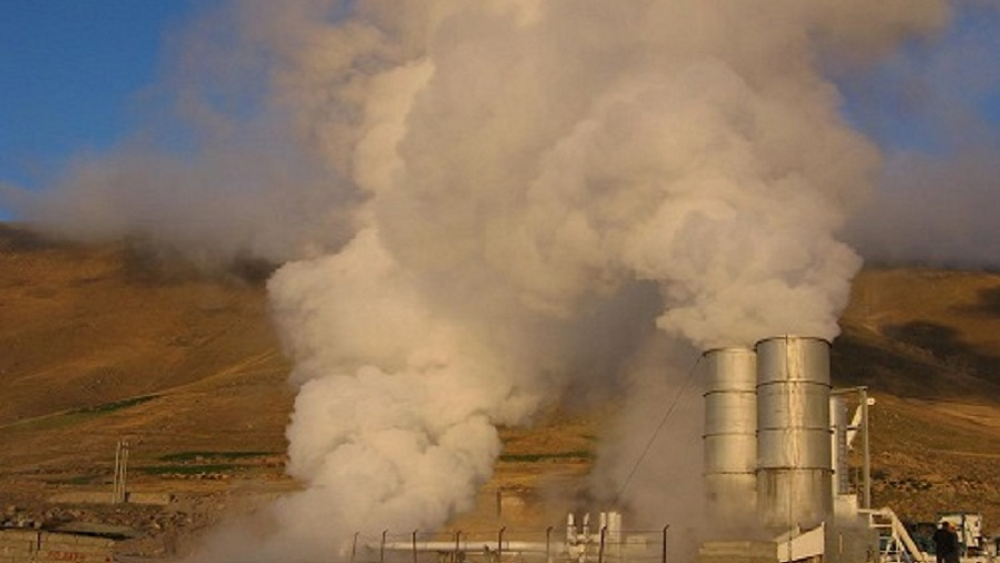Iran backs pipeline to China under ‘One Belt, One Road’ initiative
Iran says it has ambitious plans to extend its energy delivery network to China under Beijing's massive "One Belt, One Road" push to boost regional connectivity.
This has been announced by Iran’s Ambassador to China Ali Asghar Khaji.
Khaji said Iran would expand its railways, roads, ports, telecoms sector and energy security under a five-year development plan. "Setting up an extended network of energy pipelines would help regional security and development," he told China’s media.
Iran has already built a natural gas pipeline to its border with Pakistan, which has so far balked at constructing a link on its side amid threats of sanctions from Washington.
But Pakistan is now seeking Chinese funding to build its portion. The country signed a basic agreement with China last Monday to construct a pipeline from the southern port of Gwadar to Nawab Shah District in the southwest of Pakistan. Islamabad says the pipeline will be extended to the border with Iran after the US engineered sanctions against Iran are lifted.
The agreement that was signed during the landmark visit by China’s President Xi Jinping to Pakistan was part of a major package of projects that he unveiled for building an economic corridor between Pakistan's port city of Gwadar and western China's Xinjiang region.
"I don't think it's too far away [for] this pipeline [from Iran] to be extended to China through Pakistan. That is something that would be of common interest to Iran, China and Pakistan," Khaji told the South China Morning Post.
Known as the Peace Pipeline, the project is meant to transfer natural gas from Iran’s energy hub of Assaluyeh to Pakistan, which suffers from a crippling electricity deficit because of a shortage of fuel for its power-generation plants. Pakistan has been negotiating for months behind the scenes for China to build the Pakistani portion of the pipeline, the Wall Street Journal earlier reported.
Iran and Pakistan had been negotiating over the project for almost two decades, but a final agreement could not be made due to disputes over pricing as well as the pressures by Washington against the project. The project – in its initial plan conceived in 1995 – envisaged delivering gas to India, as well. However, New Delhi later withdrew from it as multiple complications including US pressures, pricing disputes and uncertainty over pipeline security grew.
China at some point in talks over the project was raised as a potential final destination. However, the idea to bring the world’s largest energy consumer never moved beyond the drawing board.
In plans to exports natural gas to the country, Russia has already taken over Iran. Moscow and Beijing signed a major 30-year contract last year to pipe natural gas to eastern China. The project whose value is estimated to amount to $400 billion envisages piping 38 billion cubic meters (1.3 trillion cubic feet) of gas per year from 2019. However, the recent geopolitical developments as well as changes in market dynamics have created serious doubts over the project.
AA/AA

Iraq denies it is resuming oil exports from Kurdistan under US pressure

‘Petroleum demand will rise despite global push for renewables’

Geothermal is Iran’s other potential energy game-changer
Netanyahu: Israel won't allow Hayat Tahrir al-Sham forces in southern Syria
Hezbollah leaders’ historic funeral showed resistance strength: Islamic Jihad
Iran reports surge in air traffic as Austrian, Lufthansa resume flights
VIDEO | South Africans set to lobby government to isolate Israel
IRGC chief: Nasrallah decisive figure in regional equations with global dimensions
VIDEO | Press TV's News Headlines
Netanyahu's son 'exiled abroad for hitting his father': Knesset member
Iran money supply up 28.4% y/y in late January: CBI







 This makes it easy to access the Press TV website
This makes it easy to access the Press TV website